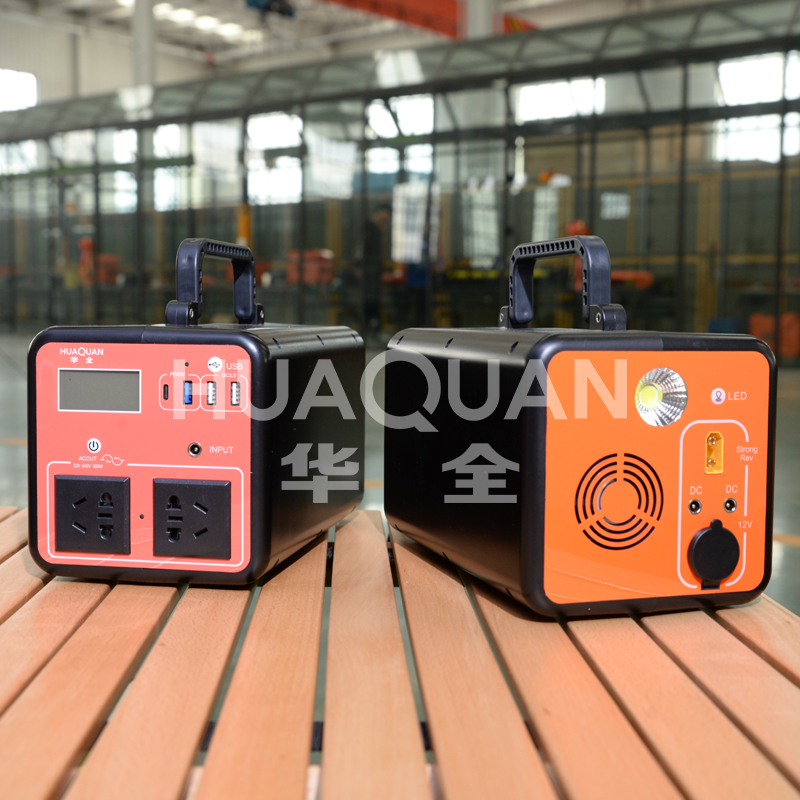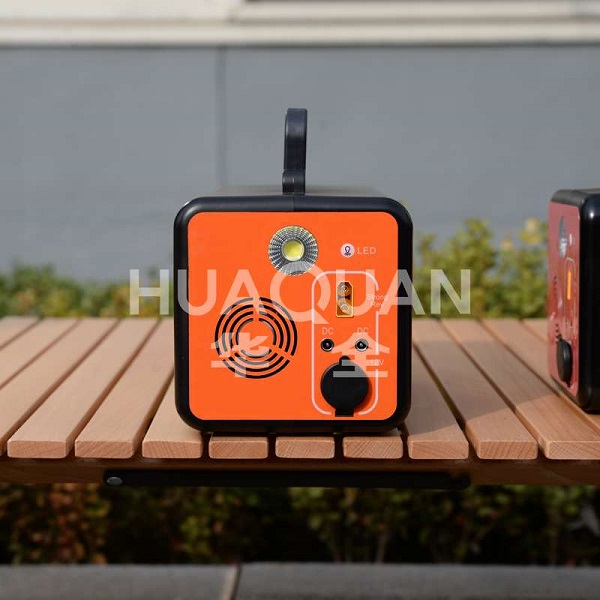The selection of an appropriate Energy Storage Power Supply requires careful evaluation of several key factors to ensure optimal performance and longevity.
Application Requirements
The primary consideration when selecting an Energy Storage Power Supply involves understanding its intended application. Different usage scenarios - whether for residential backup, commercial peak shaving, or industrial load management - demand specific performance characteristics from the Energy Storage Power Supply. Users should clearly define their power capacity needs, discharge duration requirements, and cycling frequency before evaluating products.
Technology Compatibility
Modern Energy Storage Power Supply options employ various battery chemistries, each with distinct advantages. While lithium-ion dominates the market for its energy density, alternative technologies may better suit certain environmental conditions or budget constraints. The Energy Storage Power Supply must integrate seamlessly with existing power infrastructure, requiring verification of voltage compatibility and communication protocols with inverters or control systems.
Safety and Certification
Reputable Energy Storage Power Supply manufacturers provide comprehensive safety certifications and compliance documentation. Essential certifications include UL standards for fire safety and regional electrical codes. Physical construction quality, thermal management systems, and emergency shutdown features significantly affect the Energy Storage Power Supply's operational safety and should be thoroughly evaluated.
The warranty terms and after-sales service network for an Energy Storage Power Supply often indicate product reliability. Prospective buyers should examine maintenance requirements, expected lifespan under typical operating conditions, and the availability of technical support.
Established manufacturers typically offer more robust support systems for their Energy Storage Power Supply products.
More information about Huaquan Power:https://sinogens.com/








